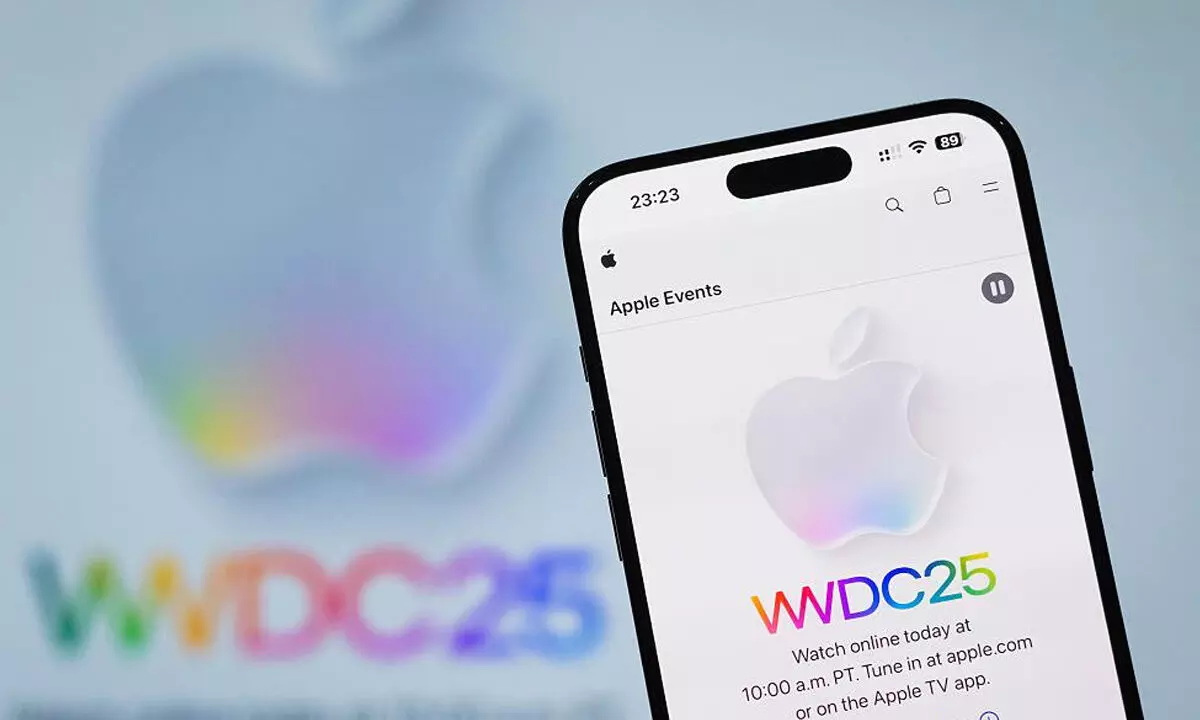Apple Sidelines Siri at WWDC 2025 Amid AI Competition Pressure

Apple delays major Siri upgrades again, spotlighting competitors’ AI advancements as users await true personalisation and multi-model assistant flexibility.
Apple’s Worldwide Developers Conference (WWDC) 2025 dazzled with design upgrades, Formula 1 references, and even a musical spin on app reviews. But while Apple rolled out updates across its platforms, one key product was notably sidelined: Siri.
Despite a heavy emphasis on its Apple Intelligence suite — including features like real-time translation in Messages, FaceTime, and phone calls — Apple’s virtual assistant received only a passing mention. Siri, which was once central to Apple’s AI ambitions, has seen its promised upgrades slip further down the roadmap.
The brief nod it did receive focused on a vague update making Siri “more natural and more helpful,” with true personalisation features still pending. These enhancements were first teased during WWDC 2024, with a rollout timeline projected “over the course of the next year.”
“We’re continuing our work to deliver the features that make Siri even more personal,” said Craig Federighi, Apple’s SVP of software engineering, during the keynote. “This work needed more time to reach our high quality bar, and we look forward to sharing more about it in the coming year.”
Apple’s quiet treatment of Siri stood in stark contrast to the bold AI strides being taken by its competitors. Google and Microsoft have continued to integrate advanced generative AI tools deep into their ecosystems. Google’s Android users already enjoy access to live Gemini, which allows the AI to interpret and respond to screen content in real time. Similarly, Microsoft’s Windows 11 now includes AI-powered shortcuts in File Explorer that offer contextual actions like summarising or editing files with a click.
In contrast, Apple’s attempts to catch up — including the rollout of notification summaries and search enhancements — have faced issues. Some features have been criticised for accuracy, such as summaries that mixed up news headlines, leading Apple to quietly disable the tool for select apps following media scrutiny.
Still, Apple pressed ahead at WWDC 2025 with a slew of new AI-driven capabilities. These included live translations across various apps, integration with ChatGPT for transforming photos into artistic styles through the new Image Playground, and smarter visual search that lets users identify or act on screen content.
Developers were also given access to Apple’s on-device large language model, aiming to encourage innovation within its ecosystem. Yet, for users hoping for a broader set of AI tools — especially the rumoured addition of Google’s Gemini — the keynote was quiet.
Last year, Federighi said he hoped Apple Intelligence would eventually allow users to “choose the models they want,” including Gemini. Backend clues in February and comments during Google’s antitrust proceedings in April hinted at a potential deal between Apple and Google, possibly launching by late 2025. But WWDC came and went with no confirmation.
For now, Siri remains in a holding pattern as Apple’s AI story continues to unfold — slower and more cautiously than many expected.










